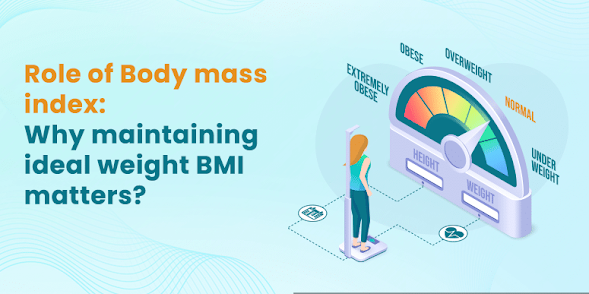Why Your BMI Matters More Than You Think

Body Mass Index (BMI) is a simple but important tool to understand your body’s health. It measures your weight relative to your height, helping to categorize if you're underweight, healthy, overweight, or obese. While it’s not the only measure of health, it gives a strong first indication of potential health risks. Maintaining an ideal BMI matters because a high BMI is often linked to serious health problems like diabetes, heart disease, and joint issues. It also impacts energy levels, mood, and overall quality of life. On the other hand, being underweight can weaken the immune system and increase the risk of bone loss. BMI is more than just a number—it acts as a warning system. Knowing where you stand can help you take early action through balanced eating, regular exercise, and when needed, medical treatments. For individuals struggling with obesity, solutions like bariatric surgery can help manage weight when other methods fail. Focusing on achieving and maintaining a healthy B...



